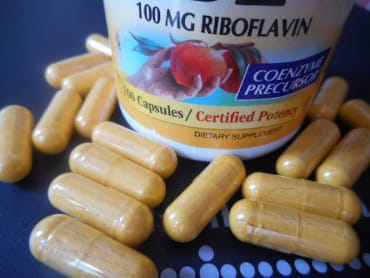Keratoconus natural treatment

Have you heard about keratoconus cross-linking? What if we carry out a Keratoconus natural treatment by consuming riboflavin (vitamin B-2) orally and getting exposure to infrared sunlight by going outdoors? If you are recently diagnosed this could help.
Usually, it takes about a year to determine if your keratoconus is getting worse. Your doctor will assess changes in values from tests such as the Sim’k values or a reduction in cornea thickness by comparing your recent test results with previous ones. Of course, this assessment depends on various factors, so feel free to ask questions and carefully consider your choices. If you’ve been recently diagnosed, your doctor will likely recommend cross-linking to you.
Keratoconus usually progresses slowly, find the facts first, you have time! That is why you need to discover the facts and not rush to try to get rid of the problem with your first diagnosis. Start with specialty contact lenses and adapt to them, probably you will require them anyway. Later when you are sure of the progression get the cross-linking.
Keratoconus treatment: Natural Cross-linking with Sun Light
A keratoconus natural treatment cross-linking small prospective study sponsored by the University of Missouri-Columbia, including 24 patients with keratoconus was started on a trial of oral riboflavin and 15 minutes of natural sunlight exposure daily for 6 months. These patients reported no adverse effects and as a result, preliminary tests showed corneal stabilization and/or corneal flattening in all 7 patients.
UV light stimulates riboflavin to form new bonds (cross-links) between the cornea’s connective tissue, giving the cornea additional strength to maintain its shape and prevent the need for transplantation. This is a good option if you are not in a hurry or if your insurance won’t cover the procedure.
The cost of epi-off cross-linking treatment is about $2,500 to $3,500 and is invasive because they remove the top layer of the cornea and it takes from 3 to 6 months to stabilize the vision afterward.
Keratoconus treatment with vitamins: How to do it?
“Patients will take 400 mg dietary riboflavin per day and go outside without sunglasses or contacts for 15 minutes per day to evaluate the effects of riboflavin B2 and natural UV light from sun exposure.”
Keratoconus natural treatment: What do you need?
Dietary Supplement: Dietary riboflavin is vitamin B2.
The Study confirms “No adverse effects have ever been reported with high-dose dietary riboflavin supplements. The results of this preliminary trial are remarkable”. In conclusion, B2 has been shown to be safe in children in the treatment of migraines at doses of 400 mg per day*. There are no known documented side effects; always talk to your doctor if you want to try this, get informed if you want to do it, and try to improve your nutrition and hydrate.
Most importantly: It is good to change your visual habits, so you don’t damage your eyes anymore. For more ideas read my book “Keratoconus User-Guide” a Health guide for people with keratoconus, available on Amazon.
In short, If you can not afford the cross-linking procedure or are not progressing much you could try this hack.
Source: ClinicalTrials.gov Identifier (NCT number): NCT03095235.
*Schoenen, J., Lenaerts, M., & Bastings, E. (1994). High‐dose riboflavin as a prophylactic treatment of migraine: Results of an open pilot study. Cephalalgia, 14(5), 328-329.
Also read the post: What is corneal collagen crosslinking
Conclusion
I think you have nothing to lose by trying this, it is easy and you will probably improve your condition.
Are you willing to give it a try?
let me know what you think!
Good Luck!
Hi, I love to improve myself and others. Reach me on hrangelm@gmail.com